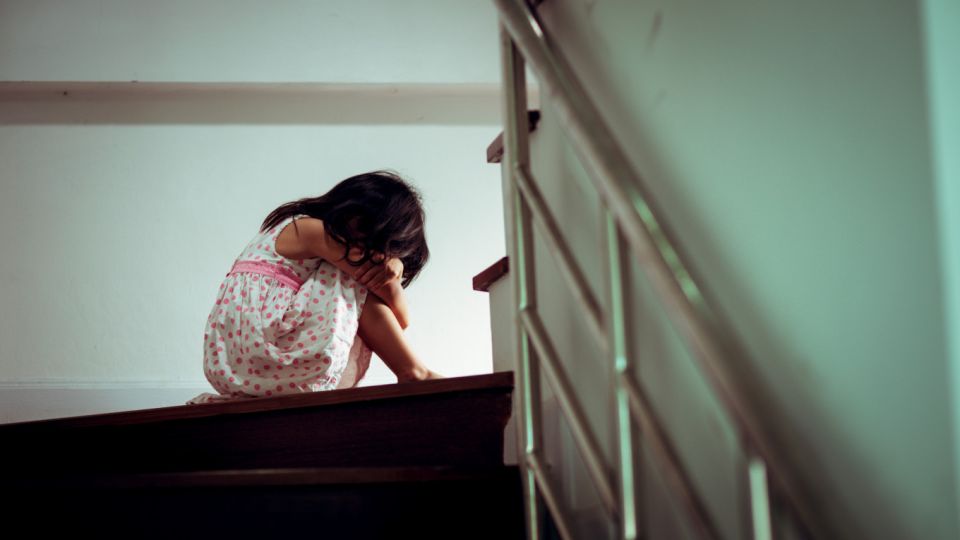August 12, 2024
JAKARTA – The emergence of alleged incidences of child abuse on social media platforms in recent weeks have put a negative spotlight on childcare services and facilities in the country, sparking public outrage and prompting many to urge the government to set competency standards and tighten oversight.
On Wednesday, a video clip uploaded to the Instagram account of Ayasophia Achmad (@phy_losophy) showed a child with their feet taped to a high chair at a day care center in Pekanbaru, Riau, alleging that the tape was removed only when it was time for the child to go home.
The Pekanbaru Police have named the day care owner, identified only by the initials WF, as a suspect of child abuse after they questioned several witnesses and gathered evidence, including the viral footage.
Earlier this month, the Depok Police in West Java detained the owner of Wensen School Indonesia, identified as MI, and charged her under the 2014 Child Protection Law for allegedly assaulting a 2-year-old and a 9-month-old entrusted to her care at the preschool.
That incident also came to light on social media in two separate video clips reportedly showing MI kicking the toddler and throwing the infant, resulting in injury including joint dislocation.
Child psychologist Annelia Sari Sani pointed to the low standards set for providers as a causal factor of cruel and abusive treatment at childcare facilities, which led to untrained employees resorting to violence in dealing with children exhibiting challenging behavior.
“This standardization must be set [by the government] and differentiated for each age group, for example between care for babies and toddlers, because they have different behavioral challenges that require different strategies,” she told The Jakarta Post on Thursday.
In addition to low competency standards, Annelia highlighted the lack of government oversight of the childcare industry. For example, Wensen School Indonesia was licensed to operate only as a preschool for children aged between 2 and 4 years old, also known as a “playgroup”, and was not licensed to operate as a day care or nursery for infants.
Following the viral case involving Wensen School, the Law and Human Rights Ministry revealed on Tuesday that 98 out of 110 day care centers in Depok were unlicensed.
Limited access
While Annelia underlined that day care services with good facilities and trained workers existed, these services were generally expensive and not accessible to every household.
Chusnul Amaliyah Afan, a teacher in Mojokerto, East Java, is one parent who found a workaround, leaving her three children in the care of a neighbor while she was at work from when they were 3 months old until they were 3 years old.
Chusnul said she has no other choice but to leave her children with the neighbor every day while she taught between 6 a.m. and 7 p.m., as both she and her husband worked and the couple had no other family members at home.
“But I didn’t send my children to just any neighbor that I knew well. [They must have a good] track record in caring for children and must be patient,” she told the Post on Friday.
She explained that she decided against sending her children to a day care center because she didn’t know the workers’ skills or experience, adding that finding good caregivers was tricky.
Upscale childcare services are available in the country but they are not always a safe option, as East Java influencer Aghnia Punjabi discovered earlier this year.
Aghnia’s 3-year-old daughter became a victim of abuse at the hands of a caregiver with the initials IPS, who she had hired from a reputable childcare service provider in Surabaya. CCTV footage revealed that IPS had physically assaulted her daughter for over an hour in a closed room, leaving the baby with bruises on her face.
The Malang State Administrative Court found IPS guilty of child abuse on Wednesday and sentenced her to 3 years and 6 months in prison.
Abuse prevention
To protect children from abuse by childcare workers, Annelia has called on the government to set national competency standards and set up public childcare facilities in every city and regency across the country.
“There must be competency standards that regulate the minimum skills [required] of childcare workers. For example, [caregivers] can have a high school education but must have [professional] training. For day care workers, the requirements should be even higher,” she said.
Annelia also emphasized that local administrations should monitor and evaluate providers regularly for standards compliance.
The government needed to provide a wide range of childcare facilities with competent workers to give access to middle- and low-income families, she added, so their children did not fall victim to unscrupulous private day care centers.
Nahar, the deputy of special protection for children at the Women’s Empowerment and Protection Ministry, said his office had established national standards for child-friendly day care (TARA) facilities to ensure children’s safety and comfort, but he did not elaborate on whether these standards applied to all childcare providers.


